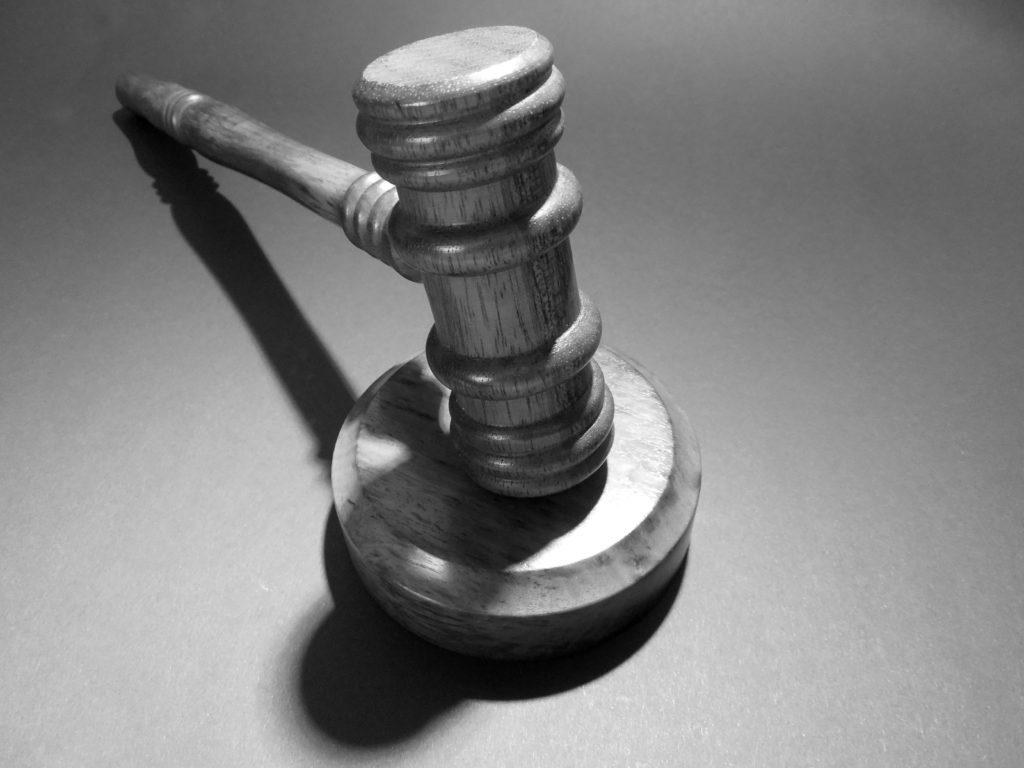
It’s been a rough week. My own emotions have been all over the place, and I’ve heard the same from just about everyone I’ve spoken with. Sorrow, anger, hopelessness, and fear are just the tip of the iceberg.
The news from Texas is horrifying. Parents are trying to figure out how to talk to their kids, trying to hide the fear they feel when dropping them off at school or at camp. And under it all is the grim reality that we all know that this won’t be the last such event. We seem doomed to follow this script again and again and again.
I’ve heard a lot of emotion this week. I’ve also heard a lot of judgment judgment directed at the shooter, at his family, at his coworkers and acquaintances, at the school, at the police, at politicians who fail to act. I’ve made more than a few judgments myself. It’s satisfying to place blame, to figure out who exactly is at fault.
I suspect that we rush to judgment because judging others gives us a sense of control. It allows us to convince ourselves that we can prevent tragedy in our own lives, that it won’t happen to us, because we’re smarter, more careful, braver, more observant. “They” made mistakes, got it wrong, but we won’t. And so we’ll be safe.
Judging is a very human thing to do. It’s tempting to seek comfort and control wherever we can find it.
It’s easy to feel hopeless right now, to feel alone. It’s easy to believe that God isn’t with us. The liturgical calendar doesn’t help much. This is perhaps the oddest Sunday of the church year. This past Thursday was Ascension Day, the day when we remember that, as the Nicene Creed puts it, Jesus ascended into heaven, and is seated at the right hand of the Father. It’s still seven days until Pentecost, until the coming of the Holy Spirit.
In this very strange week, we’re told that Jesus lived, he died, he rose from the dead—and then he went away.
I actually think this is the week in which many of us live much of our lives. Christ is risen, yes, and that’s amazing, but what difference does his resurrection make to us day in and day out? How often do we actually see the Holy Spirit at work in our midst? How often do we find the strength to trust in Jesus’s promises? To follow his instructions?
I started out talking about sorrow, anger, hopelessness, fear—and judgement.
But Jesus told us that we need not be afraid. His life embodied hope and peace, forgiveness even of those who killed him. And Jesus said more than once, “do not judge, so that you may not be judged.”
Do not judge.
Maybe those words should catch our attention. Our judgments may well be right and true. But they don’t accomplish anything.
Notice this. When we judge, when we place blame squarely on those evil or stupid or cowardly people who we fault for all the evils of the world, we do something else. We absolve ourselves of all responsibility. We let ourselves off the hook.
From a spiritual perspective, the only question actually worth asking about terrible events is “what can I do better?”
We’re still in the Easter season, which means that our liturgy doesn’t include the confession, but this week I wish it did. I feel the need to acknowledge before God all the things I’ve “done and left undone.” I feel the need to hear again God’s promise of forgiveness and presence and strength.
One of the most uncomfortable truths of a life of faith is that words of judgment in scripture help us only when we hear them directed at ourselves—not at others. If we seek spiritual maturity, we ought to hear the demands of God as personal, directed at us, and the grace of scripture as more general, directed at the world. We so often get it backward. We expect grace and understanding ourselves but fail to offer it to others.
I feel the need to say the confession this morning from an impulse of honesty. But also because in the Christian life, confession holds within it the seeds of hope, of change, of doing better the next time. Repentance and confession come first. God’s grace and strength follow.
Judgment may be satisfying, but it doesn’t get us where God calls us to go. But self-examination and repentance just might. If we focus on our own actions, our own responsibility, and, yes, our own sin, we can be certain that God will be with us.
I don’t know exactly what we ought to do about gun policy—much less all the other challenges we face. I have opinions. I’m sure you do too. Your opinions may be different than mine. I expect that we can all agree that we need to do something—about what happened in Texas on Tuesday and about so many other things.
I’m trying right now to focus less on what others have done wrong and more on what I can do better. And I hope you’ll do the same.
We have a responsibility as followers of Jesus to do our part to bring about the kingdom of God here on earth.
We can’t do everything. But we can do something.
J.R.R. Tolkien put it well: “It is not our part to master all the tides of the world, but to do what is in us for the succor of those years wherein we are set, uprooting the evil in the fields that we know, so that those who live after may have clean earth to till. What weather they shall have is not ours to rule.”
This is of course also the weekend we observe Memorial Day, a time set apart to remember those who died in the cause of freedom. Their sacrifice is a reminder that a life of responsibility and integrity can be very costly indeed. But a life of responsibility and integrity is what Jesus calls us to. A life of courage and self-giving and trust that God will be with us whatever difficulties we might meet.
It’s still Easter. Christ is still risen. Pentecost is coming. And we have work to do.
